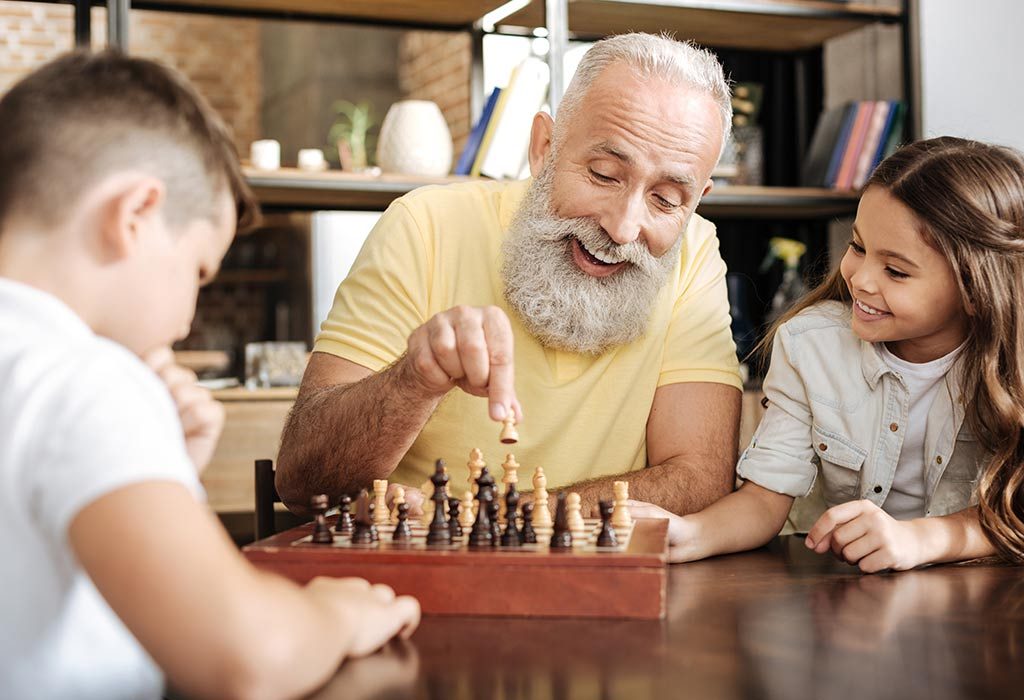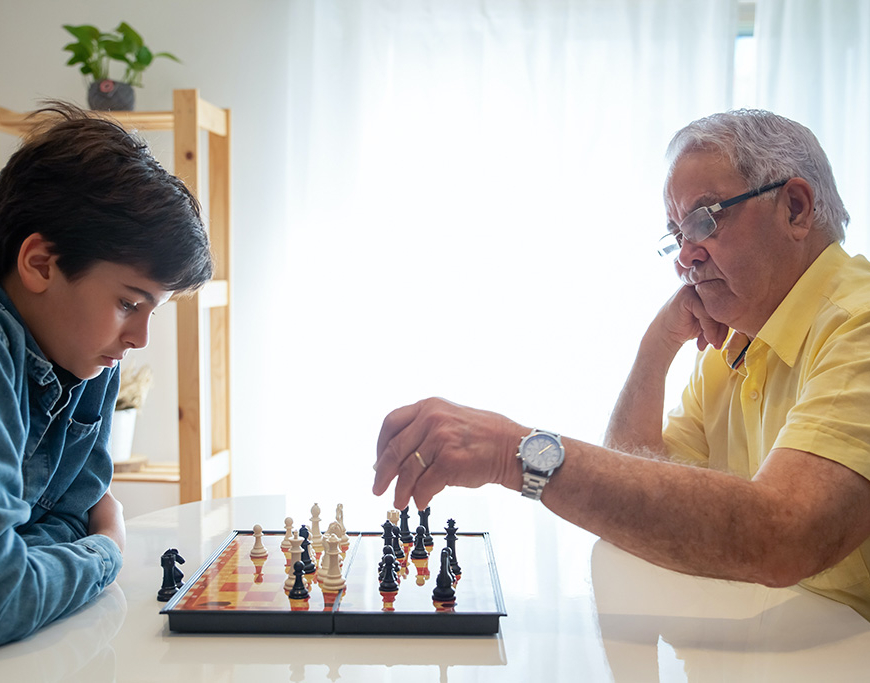he benefits of chess is a topic that has been debated by both parents and scholars alike for quite a few years now.
It is very clear that playing chess has its benefits, there is no doubt here. However where there is doubt is whether these advantages can be used outside of the world of chess. The results on the benefits of chess in the real world show mixed, but encouraging results.
Children who start playing chess at a young age will gain increased:
- Focus
- Imagination
- Mental agility
- Mental resistance
- Problem solving skills
- Self-confidence
- Patience
- Logical thinking skills
- Memory (especially spatial memory)
Let’s not forget the most important of chess benefits for both kids and adults is that its a tremendous amount of fun! After all, the brain is like a muscle and chess is like a gym. Evidently playing chess is great for the mind and its benefits are interconnected. You start learning chess, you win a few games, your self esteem goes up, you get more into the game and you start thinking more logically, you improve your imagination. To play chess you must remember positions and distinguish patterns which force you to use your memory, after you improve your calculations you can apply this skill in math and start multiplying numbers fast. Last of all, after enduring a chess game for 4 hours, everything else seems easy. How do these benefits transfer into other aspects of life?
With so many articles written about the benefits of chess for young children, there doesn’t seem to be many studies about the benefits of chess for adults. With adults it becomes a little trickier to study the benefits of chess. The correlation is hard to distinguish. A good place to start would be the study of the successes of grandmasters outside of the chess board.



Add Comment